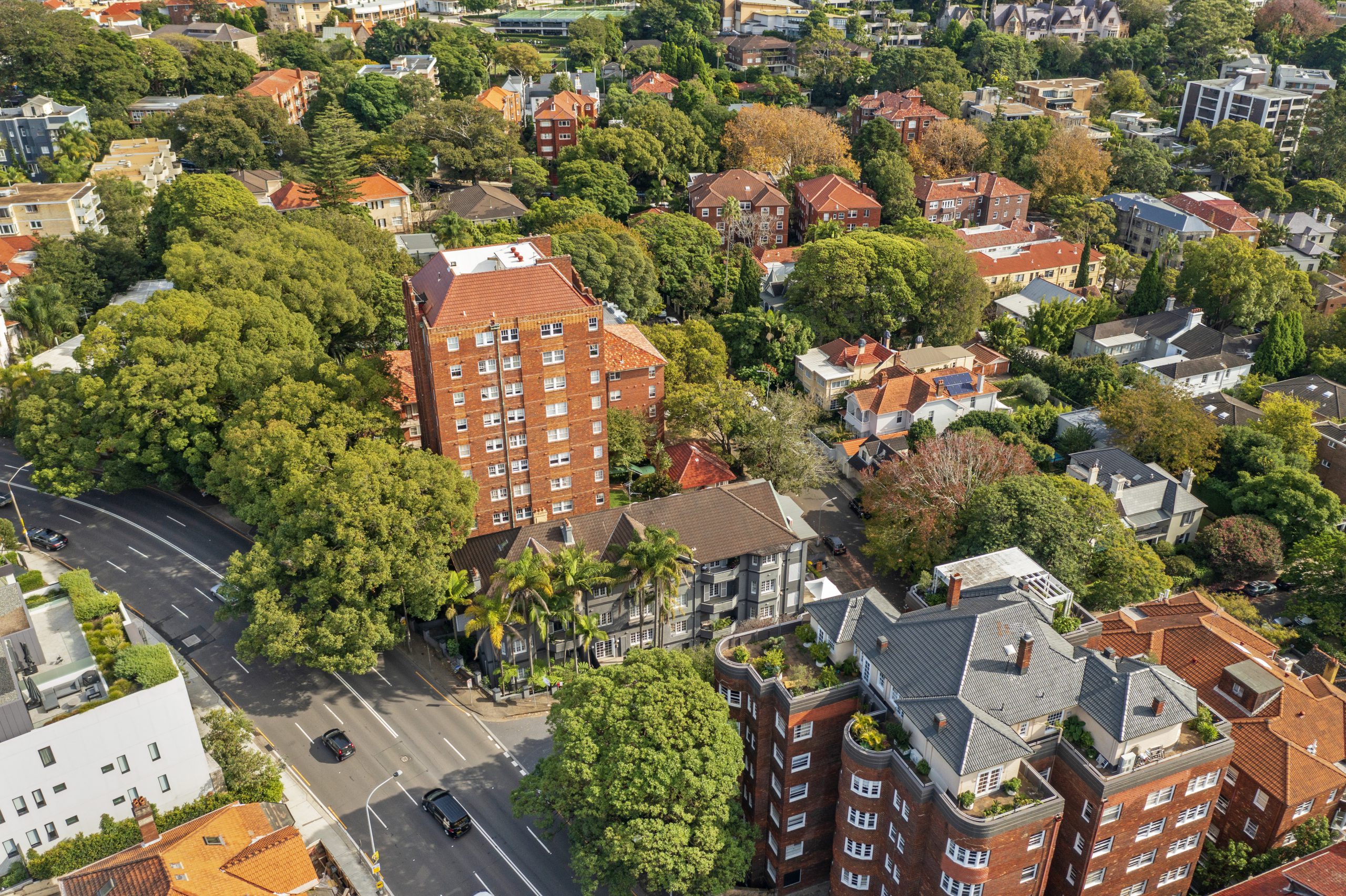
Australia is going through a nationwide rental shortage with vacancy rates in some of our capital cities and regional centres running at just 1% or below.
There are currently 2.6 million Australians who live in a rental property.
Many landlords have used the accommodation shortage as an opportunity to increase rents. Reports of 10% to 20% rises are not uncommon, and this has caused many tenants to look elsewhere because their budgets won’t stretch that far, especially now food and fuel prices have gone through the roof.
According to research firm SQM, average rents in capital cities nationally jumped 11.8% in the past 12 months. In the regional centres, the picture appears worse, with the average rise reported to be 15%.
These numbers will make a compelling case for many investors to expand their property portfolio.
If you would like to inspect any potential rental properties that we have listed, or introduce you to our first-class property management team, please do not hesitate to call us.
Our property management team can also assist if you have concerns about your rights as an investor or landlord.
It is important to understand that tenants have rights, and investors need to operate within the rules of each state or territory.
As an agency with a property management team, we’ve listed some of the most important guidelines, citing each state and territory because many clients have national portfolios.
Capped increases
Only the ACT has capped rent increases, tying a so-called “prescribed amount” to the inflation rate, plus 10%.
Rent hikes
Increases are limited to once or twice a year, depending on the state or territory. They cannot be raised mid-lease unless stated in the agreement.
Month-to-month rentals
Tenants on month-to-month deals can have their rents increased once a year in SA (for tenancies signed on or after March 1, 2014), NSW, Victoria, Tasmania and ACT.
Six-month windows exist in SA (for tenancies signed before March 1, 2014), Qld, WA and NT.
Negotiating
Landlords have been open to a range of negotiation stances, for example: tenants can offer to improve a property to offset a higher rent.
Appeals process
Tenants can appeal a rise. Consumer Affairs gets involved in Victoria, while the Residential Tenancy Commissioner will review cases in Tasmania. WA uses the Magistrate’s Court to issue orders. Tribunals exist in the other states and territories.
Evictions
So-called “no-grounds” evictions are permitted in most states but not in Victoria, where tenants can appeal a notice of a rent increase within 30 days. A Consumer Affairs officer may inspect the building and adjudicate.
NOTE: The information in this article is general in nature and provided as a general overview only. Always consult your financial advisor or accountant for advice specific to your personal circumstances.
